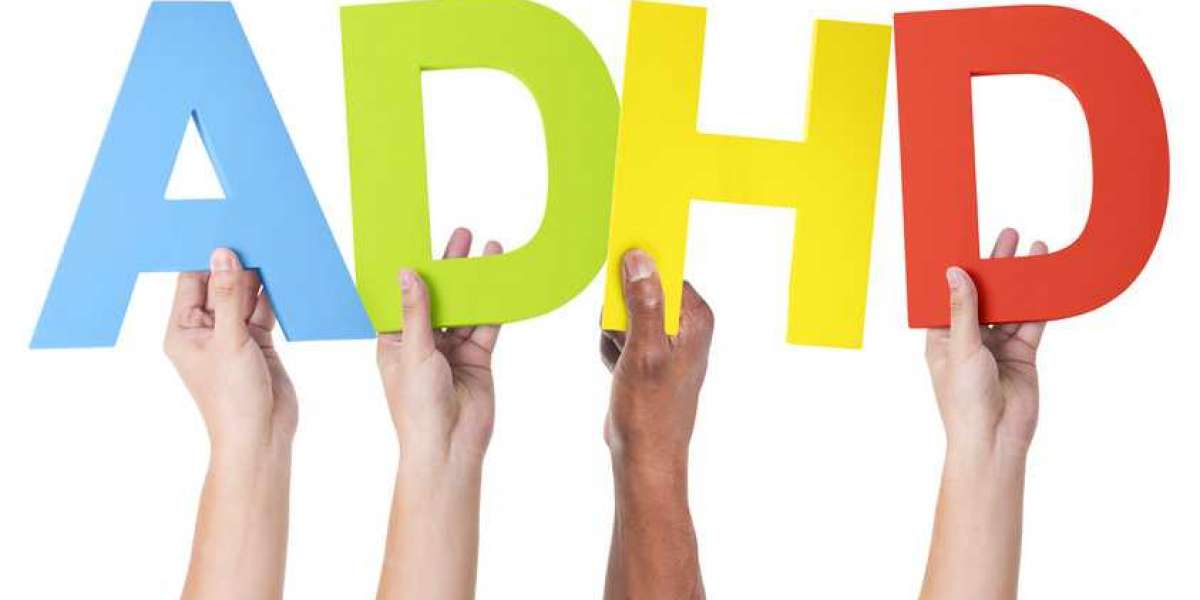Attention Deficit Hyperactivity Disorder (ADHD) is a neurodevelopmental disorder characterized by persistent patterns of inattention, hyperactivity, and impulsivity. One of the core challenges faced by individuals with ADHD is difficulties with executive function, a set of cognitive processes crucial for goal-directed behavior. Executive function encompasses skills such as planning, organization, time management, and self-regulation, all of which are essential for managing daily tasks and achieving long-term goals.
Understanding Executive Function
Executive function refers to a range of cognitive abilities that allow individuals to plan, organize, and execute tasks. These skills are vital for controlling behavior, regulating emotions, and adapting to changing situations. In essence, executive function acts as the brain's management system, enabling individuals to set goals, develop strategies, and carry out tasks efficiently. Key components of executive function include:
Working Memory: The ability to hold and manipulate information over short periods. Working memory helps individuals keep track of instructions, remember steps in a task, and make decisions based on current information.
Inhibitory Control: The capacity to suppress inappropriate or impulsive responses. This skill is crucial for maintaining focus, resisting distractions, and regulating emotions.
Cognitive Flexibility: The ability to adapt to new information, switch between tasks, and adjust strategies when necessary. Cognitive flexibility is essential for problem-solving and adapting to changing circumstances.
Planning and Organization: The skills needed to set goals, develop plans, and organize resources effectively. This includes breaking tasks into manageable steps and prioritizing actions to achieve objectives.
Self-Monitoring: The ability to evaluate one's own performance, recognize errors, and make adjustments. Self-monitoring helps individuals stay on track and make necessary corrections.
ADHD and Executive Function Challenges
Individuals with ADHD often experience significant difficulties with executive function, which can manifest in various ways:
Inattention: People with ADHD may struggle with working memory, leading to problems with following instructions, completing tasks, and maintaining focus. They may frequently forget details, lose track of time, or become easily distracted by external stimuli.
Impulsivity: Impulsivity is a common issue for those with ADHD, often resulting from challenges with inhibitory control. Individuals may act without considering the consequences, interrupt conversations, or make hasty decisions without adequate thought.
Hyperactivity: Hyperactivity, characterized by excessive fidgeting, restlessness, and difficulty sitting still, can be linked to difficulties with self-regulation and cognitive flexibility. This can impact an individual's ability to stay organized and complete tasks efficiently.
Poor Planning and Organization: People with ADHD may struggle with planning and organization, leading to disorganized workspaces, missed deadlines, and difficulty managing multiple tasks. This can result from challenges with setting goals, prioritizing actions, and breaking tasks into manageable steps.
Difficulty with Self-Monitoring: Individuals with ADHD may have trouble assessing their own performance and making necessary adjustments. This can lead to repeated mistakes, frustration, and a sense of being overwhelmed.
Strategies for Managing Executive Function Challenges
While ADHD-related executive function challenges can be significant, there are strategies and interventions that can help manage these difficulties:
Structure and Routine: Creating a structured environment and establishing consistent routines can help individuals with ADHD stay organized and manage their time effectively. Using tools like calendars, to-do lists, and reminders can assist with planning and organization.
Break Tasks into Smaller Steps: Breaking tasks into smaller, manageable steps can make them less overwhelming and easier to tackle. This approach helps individuals with ADHD focus on one step at a time and track their progress.
Use Visual Aids: Visual aids, such as charts, diagrams, and color-coded schedules, can enhance working memory and organization. These tools provide clear and immediate reminders of tasks and deadlines.
Implement Time Management Techniques: Techniques such as setting timers, using alarms, and employing time-blocking methods can help individuals with ADHD manage their time more effectively and stay on task.
Practice Self-Monitoring: Encouraging self-reflection and regular check-ins can help individuals with ADHD assess their performance and make necessary adjustments. Tools like journals or apps can aid in tracking progress and identifying areas for improvement.
Seek Professional Support: Consulting with professionals, such as psychologists, counselors, or ADHD coaches, can provide additional strategies and support. Cognitive-behavioral therapy (CBT) and other therapeutic approaches can address specific executive function challenges and develop coping strategies.
Conclusion
ADHD and executive function challenges are intricately connected, with difficulties in executive function often exacerbating the symptoms of ADHD. Understanding the impact of executive function on daily life and implementing effective strategies can help individuals with ADHD manage their symptoms and improve their overall functioning. By recognizing and addressing these challenges, individuals with ADHD can develop skills and strategies to achieve their goals and lead fulfilling lives.








